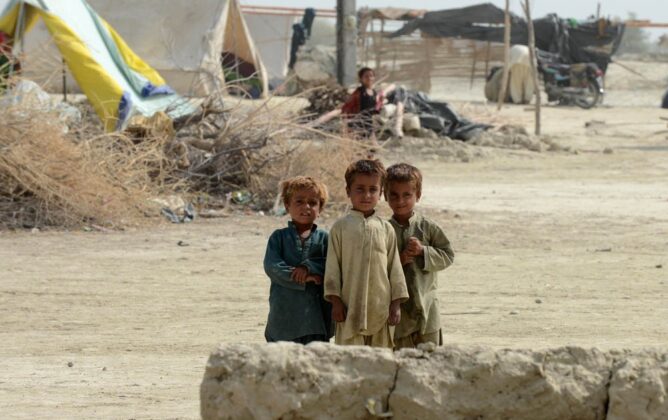
Every country’s real asset is its human capital, unfortunately Pakistan has never invested in building its human capital. Pakistan ranks just above Afghanistan in human capital rankings across South Asia.
In a recent column, physicist and columnist Pervez Hoodbhoy wrote that in Pakistani universities “research exists only in name. Over the last 20 years, they have produced tons of so-called research papers and theses but not a single significant piece of new knowledge, invention, process, or patent that achieved commercialisation.”
Hoodbhoy notes, “What about the value added in terms of instruction, knowledge transmission, and skill addition? Take engineering. Even top Pakistani universities produce graduates whose careers generally start — and end — in maintenance, sales, and management. Almost none do what’s expected of real engineers, i.e., conceptualise and design new technologies or make radical improvisations. Exceptions aside, the inferior mathematical, analytical and problem-solving skills of our graduates cannot handle unmet needs and challenges.”
Yet, as Hoodbhoy states, “Notwithstanding poor teaching quality, degrees from Pakistan’s junk universities — which means practically all of them — will remain in demand. We all know the reason. A degree in the Pakistani context is basically a required rubber stamp after which family connections, religious and ethnic affiliation, and personal friendships determine who gets a job. Competence and ability are secondary. In contrast, the global job marketplace wants real knowledge and skills. Wealthy parents understand this and try to send their children to universities abroad but the sinking rupee is making this more difficult. Plus the shrinking job value of overseas degrees will shrink further. What little overseas worth a Pakistani degree presently has will soon disappear entirely.”
In conclusion, Hoodbhoy states, “The magical principle for success is only one: successfully learning how to learn. For this the child’s mind must first be set free to explore and think. But in cultures where the primary goal of education is to hammer in an ideology, this is impermissible. A religion-based curriculum inevitably rewards passivity and unquestioning acceptance. At best it turns out drones. Unfortunately for Pakistan, its Single National Curriculum guarantees that the future of our youth will become increasingly dimmer, not brighter. Their only chance lies in self-learning.”
![]()





